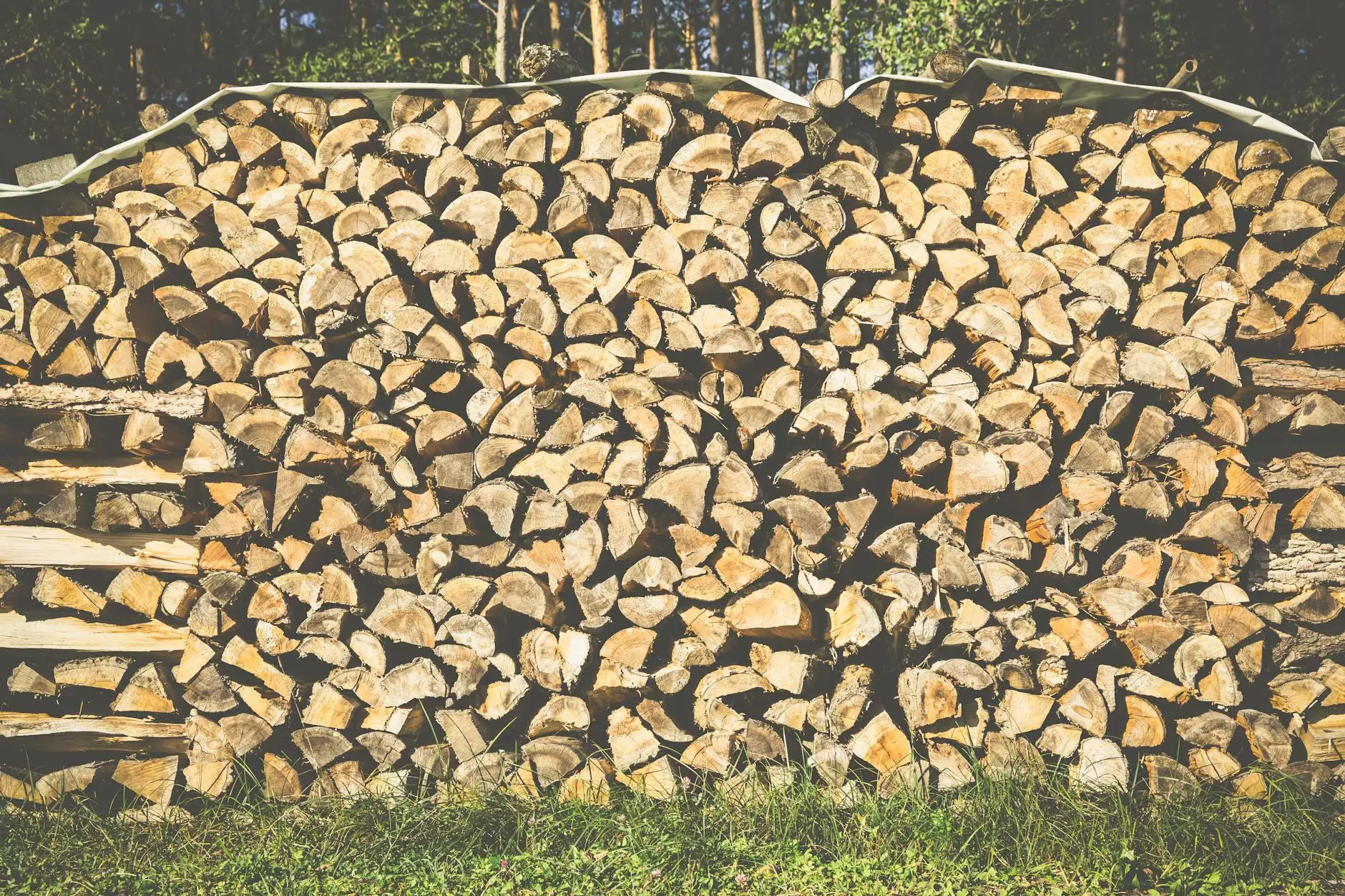Ultimate Guide to Jeep Wheels and Tires

When it comes to off-road adventures, few vehicles are as iconic as the Jeep. Renowned for their rugged capabilities and off-road prowess, Jeeps are often enhanced with the right wheels and tires to maximize performance. For enthusiasts and casual drivers alike, understanding the intricacies of Jeep wheels and tires is essential for an optimal driving experience.
The Importance of Choosing the Right Wheels and Tires
The correct combination of wheels and tires can significantly impact your Jeep's performance, handling, and overall driving enjoyment. Factors such as traction, durability, and style all come into play when selecting the best options for your vehicle. Here's why choosing wisely matters:
- Traction: Off-road terrain can be challenging. The right tires provide better traction on different surfaces such as mud, sand, rocks, and snow.
- Handling: The choice of wheels affects how your Jeep responds to steering, braking, and acceleration.
- Fuel Efficiency: Lightweight wheels can improve fuel efficiency, especially for daily driving.
- Style: Customized wheels can enhance your Jeep's appearance and reflect your personal taste.
Types of Jeep Wheels
Understanding the types of wheels available for your Jeep can help you make an informed decision. Here are the most common types:
1. Alloy Wheels
Alloy wheels are made from aluminum or magnesium, known for their lightweight properties. They are popular among off-road enthusiasts because they provide better performance and dissipate heat effectively. Additionally, alloy wheels come in various designs, allowing for customization.
2. Steel Wheels
Steel wheels are favored for their strength and durability. They can withstand harsh conditions and are less likely to bend or break compared to alloy wheels. This makes them an excellent choice for extreme off-roading.
3. Beadlock Wheels
Beadlock wheels are specially designed to prevent tire bead separation during extreme conditions, allowing you to run lower air pressures for better traction. They are ideal for serious off-roaders who tackle challenging terrains.
Types of Jeep Tires
Choosing the right tires is just as crucial as selecting the right wheels. Here are the main tire types suited for Jeep models:
1. All-Terrain Tires
All-terrain tires are versatile and capable of handling various surfaces, making them an excellent choice for Jeep owners who drive both on and off-road. They feature a balanced tread design that provides traction on mud, gravel, and pavement.
2. Mud-Terrain Tires
If you plan to spend much of your time in muddy conditions, mud-terrain tires are the best option. Their aggressive tread patterns help dig into soft surfaces for superior grip.
3. Rock Crawling Tires
For serious off-road enthusiasts, rock crawling tires are specially designed to navigate rocky terrains. They provide maximum traction and durability, making them essential for challenging trails.
4. Highway Tires
For those who primarily use their Jeep for commuting or highway driving, highway tires provide a smooth ride and improved fuel efficiency. They typically feature a tread design aimed at reducing road noise.
How to Choose the Right Size for Jeep Wheels and Tires
Proper sizing is crucial for the performance and safety of your Jeep. Here are the key factors to consider:
- Wheel Diameter: Most Jeeps come with specified wheel diameters. Ensure any new wheels match the manufacturer’s specifications.
- Tire Width: Wider tires can provide better traction, but they may also require modifications to your Jeep.
- Aspect Ratio: This indicates the height of the tire’s sidewall. A lower aspect ratio may improve handling, whereas a higher ratio offers more comfort.
Upgrading Your Jeep's Wheels and Tires
When considering an upgrade to your Jeep's wheels and tires, there are several factors to keep in mind:
1. Lift Kits
If you're upgrading to larger wheels and tires, investing in a lift kit may be necessary to accommodate the additional height. This also improves off-road performance by increasing ground clearance.
2. Tire Pressure Monitoring Systems (TPMS)
When changing your wheels and tires, don’t forget to consider the TPMS. Ensure your new setup is compatible with existing systems to avoid warning lights on your dashboard.
3. Compatibility with Your Jeep Model
Always refer to your Jeep’s specifications when selecting wheels and tires. Each model has different requirements, and what's suitable for one may not be for another.
Maintenance of Jeep Wheels and Tires
Proper maintenance will extend the life of your Jeep wheels and tires. Here are some important tips:
- Regular Inspection: Check your tires for any signs of wear, bulges, or embedded objects.
- Rotation: Rotate your tires every 5,000 to 7,500 miles to ensure even wear.
- Pressure Checks: Regularly check tire pressure to optimize performance and fuel efficiency.
- Alignment and Balancing: A proper wheel alignment and balancing can prevent uneven wear and provide a smoother ride.
Conclusion
Your Jeep's performance and look significantly depend on the choice of wheels and tires. By understanding the various options available and the importance of each, you can make informed decisions that enhance your driving experience. Whether you're tackling rugged terrains or cruising on highways, the right combination will ensure you get the most out of your Jeep. Don't forget to visit offroad-zone.com for the latest in automotive products, including top-quality wheels and tires tailored for Jeep enthusiasts.









